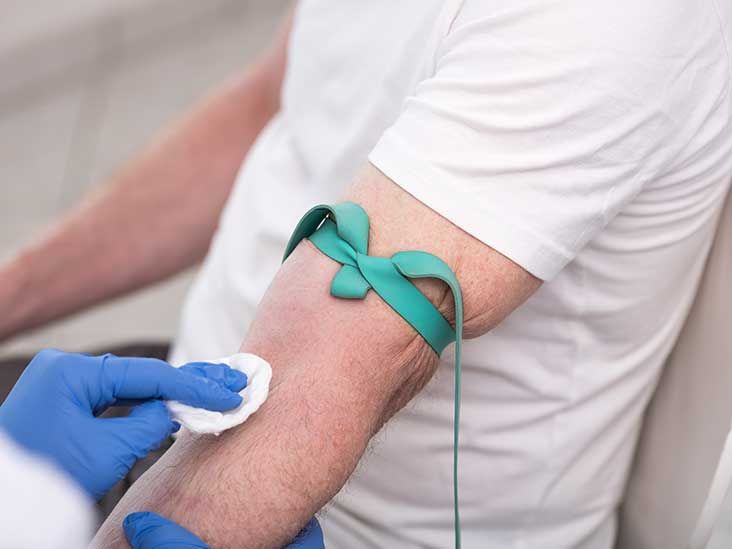
Cytomegalovirus (CMV) Serology Test
Cytomegalovirus (CMV) is a widespread virus that significantly impacts public health. According to the Centers for Disease Control and Prevention (CDC), it is estimated that between 50% to 80% of adults have been infected by the age of 40. Most individuals remain asymptomatic, meaning they do not exhibit any noticeable signs of infection. In these cases, the virus stays dormant but can reactivate under certain conditions, particularly when the immune system is compromised.
The CMV serology test is a blood test that detects antibodies in your body that indicate past or present infection with CMV. If you have been exposed to the virus, your antibody levels will be elevated, serving as a marker for CMV presence.
Why Is the CMV Test Ordered?
Healthcare providers may order a CMV serology test for several reasons:
- To determine if you currently have an active CMV infection or have had one previously.
- To assess the effectiveness of treatment for an active CMV infection.
Your doctor might suggest this test if you have weakened immunity or if you are pregnant and experiencing symptoms such as:
- Fatigue
- Weakness
- Sore throat
- Swollen lymph nodes
- Fever
- Headaches
- Muscle aches
Given these symptoms can overlap with other viral infections like the flu or Epstein-Barr virus, confirmation through a CMV test can be crucial.
Additionally, newborns showing symptoms like:
- Jaundice (yellowing of skin or eyes)
- Enlarged spleen or liver
- Hearing or vision issues
- Pneumonia
- Seizures
- Delayed developmental milestones
may also be evaluated for possible CMV infection.
The test is commonly utilized in situations such as:
- Organ transplant candidates
- Organ donors
- Egg and sperm donors
How Is the CMV Test Administered?
The CMV serology test is conducted through a simple blood draw. A trained nurse or lab technician will use a small needle to collect blood from a vein in your arm or hand. The sample is then sent to a laboratory for further analysis. Your healthcare provider will discuss the results with you once they are available. There are no specific preparations required for this test.
What Are the Risks of the CMV Test?
The risks associated with the CMV serology test are minimal. You may experience mild discomfort during the blood draw, and some pain at the puncture site is possible. However, other rare complications can include:
- Difficulty obtaining a specimen, resulting in multiple needle punctures
- Excessive bleeding at the injection site
- Fainting due to blood loss
- Formation of a hematoma (blood accumulation under the skin)
- Infection at the puncture site
Understanding the CMV Test Results
Test results can typically be categorized as follows:
- A negative result indicates the absence of CMV antibodies, signifying neither current nor past infection.
- Low antibody levels suggest previous exposure but do not specify the timing of infection. Further analysis by your healthcare provider, alongside your symptoms, may be necessary to confirm an active infection.
If the test is being used to monitor treatment effectiveness, a decrease in antibody levels over time may indicate that the therapy is successful in reducing viral load.
The CMV Test: A Low-Risk, Simple Procedure
The CMV serology test represents a straightforward, low-risk method of evaluating CMV infection status. With no special preparation required, this test is critical for diagnosing active infections and monitoring recovery in individuals undergoing treatment for CMV-related illnesses.
Reading CMV Serology Test
